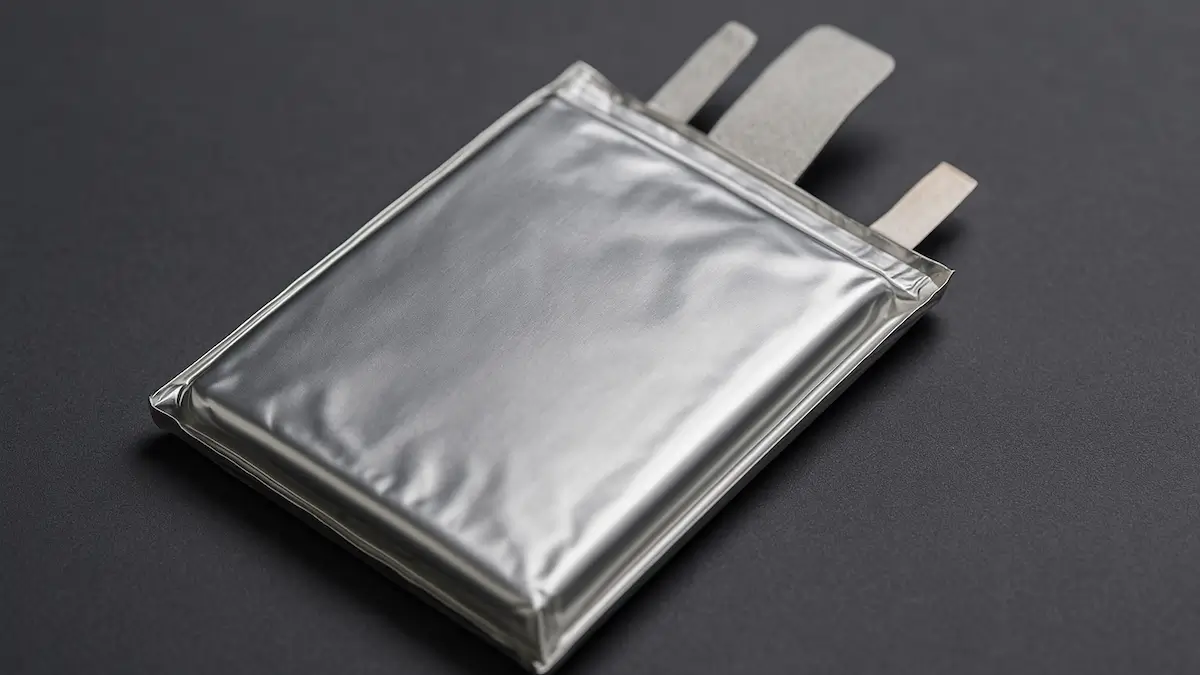The contribution lithium metal batteries: China manufacturer wants to have solved an ancient problem first appeared at the online magazine Basic Thinking. You can start the day well every morning via our newsletter update.

Lithium metal batteries could soon be suitable for everyday use. Because an analysis procedure of the Chinese company Catl apparently reveals why the lifespan of this kind of battery has so far been limited.
Lithium metal batteries (LMBS) are considered hopefuls with a view to the energy transition. Because when it comes to powerful electric cars or e-aircraft, the technology seems to be promising. The great advantage of LBMS is that you can store significantly more energy than conventional lithium-ion batteries.
So far, the lifespan of lithium metal batteries has been a problem. So far, this has slowed down a broad application of the battery. But China company Catl now wants to have made an important progress.
Lithium metal batteries: improvement through targeted adjustment
Researchers from the Chinese battery manufacturer have developed a new analysis procedure that should be followed by exactly what happens in the battery during use. This allowed Catl according to your own information For the first time, understand which components of the LMB are “lost” over time.
Surprisingly, it turned out that contrary to the assumptions, the solvent or deposits of “totem” lithium are not the problem. Rather, the constant consumption of the electrolyte salt Lifsi is a challenge. At the end of a battery life, up to 71 percent was consumed.
With this knowledge, the Catl team revised the composition of the electrolyte. With a thinner with a lower molecular mass, the company was able to bring in more LIFSI salt-without increasing the amount of liquid used. At the same time, the conductivity was improved and viscosity was reduced.
Big step towards series production
The result is a new battery version that is supposed to hold out 483 charging cycles. This is about twice as much as before and corresponds to an energy density of over 500 watt hours per kilogram.
The new lithium metal battery should primarily play a role for applications in which space and weight are decisive. It seems particularly interesting that Coulomb efficiency, i.e. the question of how much of the energy used can actually be used, remained the same. The gain is apparently mainly created by more durable materials.
Research took place in the company’s own 21c laboratory, in which CATL invested over two billion US dollars in 2024 alone. With more than 43,000 patents in the back, the company thus strengthens its role as a pioneer in the area of sustainable energy storage.
Also interesting:
- Lithium iron phosphate batteries: This is how LFP batteries work
- The most stubborn solar myths-and what is about them
- Study reveals: How efficient are heat pumps really?
- Researchers develop method to produce hydrogen without electricity
The contribution lithium metal batteries: China manufacturer wants to have solved an ancient problem first appeared on Basic Thinking. Follow us too Google News and Flipboard Or subscribe to our update newsletter.
As a Tech Industry expert, I am intrigued by the efforts of the Chinese manufacturer to solve the ancient problem of lithium-metal batteries. These batteries have long been considered a promising technology due to their high energy density, but have been plagued by issues such as dendrite formation and short lifespan.
If the Chinese manufacturer is successful in addressing these challenges, it could have a significant impact on the tech industry. Lithium-metal batteries have the potential to revolutionize electric vehicles, portable electronics, and grid storage systems, providing longer-lasting and more efficient power sources.
It will be interesting to see how the Chinese manufacturer approaches this problem and what innovative solutions they come up with. If they are able to successfully commercialize a more stable and long-lasting lithium-metal battery, it could have far-reaching implications for the future of technology and sustainability.
Credits